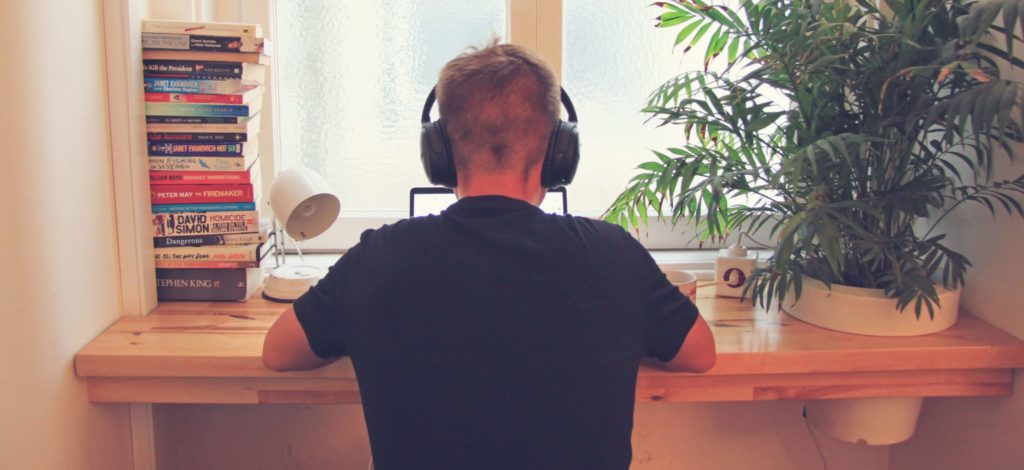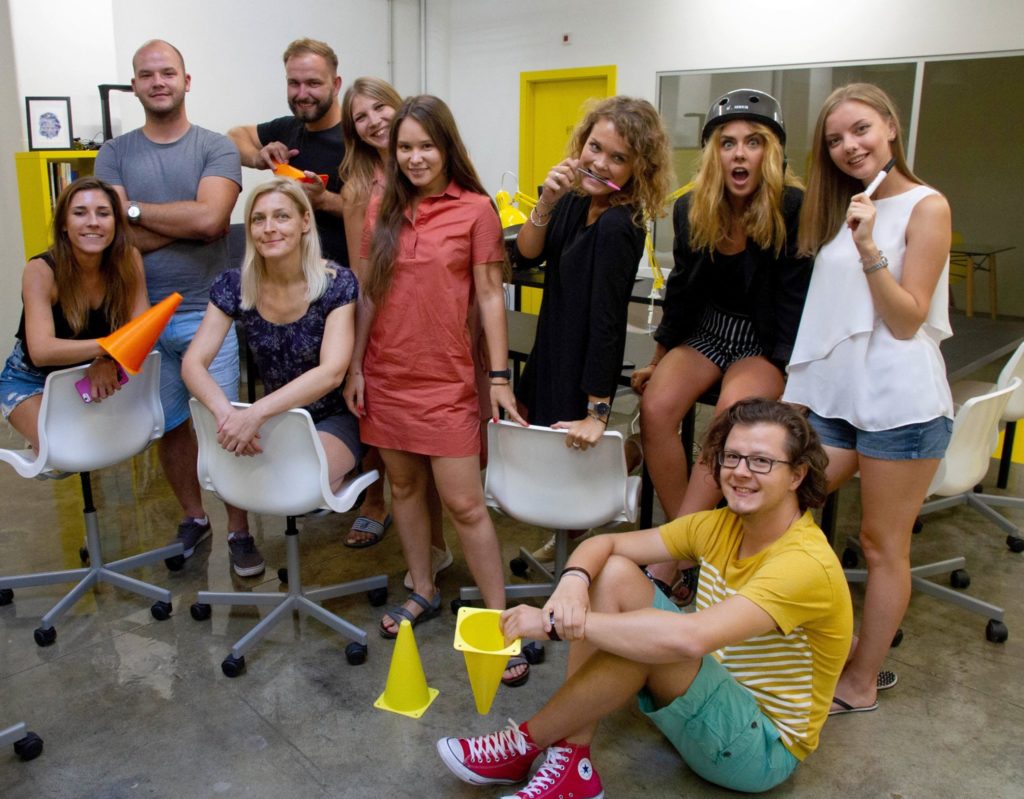Last year in October we joined up with PwC to help create a 15-day remote work program for 10 lucky PWC employees. As part of their employer branding campaign “Be a game changer”, PwC ran an internal competition to select 10 workers for the Lisbon Calling experience! We combined a number of different lessons and workshops with some sightseeing and exploration of Lisbon, giving everyone a true taste of the remote-work life. We were so pleased to see that all attendees became internal ambassadors for remote-work within PwC. After seeing all the benefits that flexible working arrangements can bring, they now want to let everyone know what’s possible when working remotely!
Thanks to our team’s efforts, PwC got a necessary headstart in their endeavor to create distributed teams. Lisbon Calling was a huge success and the joint venture won the European Employer Brand Management award in the recent EBMA 2019!
PwC is actively exploring the new remote-work revolution and the benefits it can bring to both them and the workforce. Tomek Milosz, the Human Capital Leader for Central & Eastern Europe explained that “Digital skills, remote working [and] flexibility [are] so important to us because the work today is so different from what it was like 10 years ago. And the way of doing the work can be much more flexible to the benefit of both the firm and the employee”. The trend for employers to offer flexible working arrangements is constantly growing, and employers do not want to miss out!
To begin the whole experience, we started with a call finding out what everyone expected from the course. It’s always useful to find out what ideas people already have about remote-work and any queries they may have. After everyone’s arrival, we ran a number of workshops and lessons to make sure that that the PwC team really got to grips with their new schedule. By exploring and practicing their remote skills, we enabled them to extract all the benefits of working outside the office. We looked at key areas in the remote work process: Communication, Time & Workplace Management, Self-Organization and Self-Care. The 10 participants saw how they could change their working habits in order to provide the same or even better quality work that they had previously been doing in the office.

We worked through a combination of techniques and tools such as SWOT analysis, mind mapping and hopes & fears charts. All of these helped us achieve our overall aim of digital collaboration and to bring greater insights into how PwC can implement remote work. Getting to grips with the latest tech for communicating with other colleagues from around the globe was also covered, as communication is one of the most important aspects when working outside the office.

It wasn’t all hard work though! We also made sure that everyone got to enjoy the benefits that working outside of the office brings. Trips surfing and exploring the city, group dinners and relaxing by the pool are a great reminder of what flexibility in location can bring. After 15 days of getting to grips with remote-work, the trip finally came to an end. Overall the whole experience was instructive, educational and a lot of fun. It also received external recognition of its success, with Lisbon Calling getting shortlisted in the 2019 Employer Brand Management Awards. We finished off the whole trip with a closing report that we handed over to PwC, explaining exactly how they could implement all the lessons learnt from the trip.

Perhaps you’re interested in a similar experience for your company? We love teaching people about remote-work and how it can benefit their company and employees. Get in touch and let us explain exactly what we can do for you!

